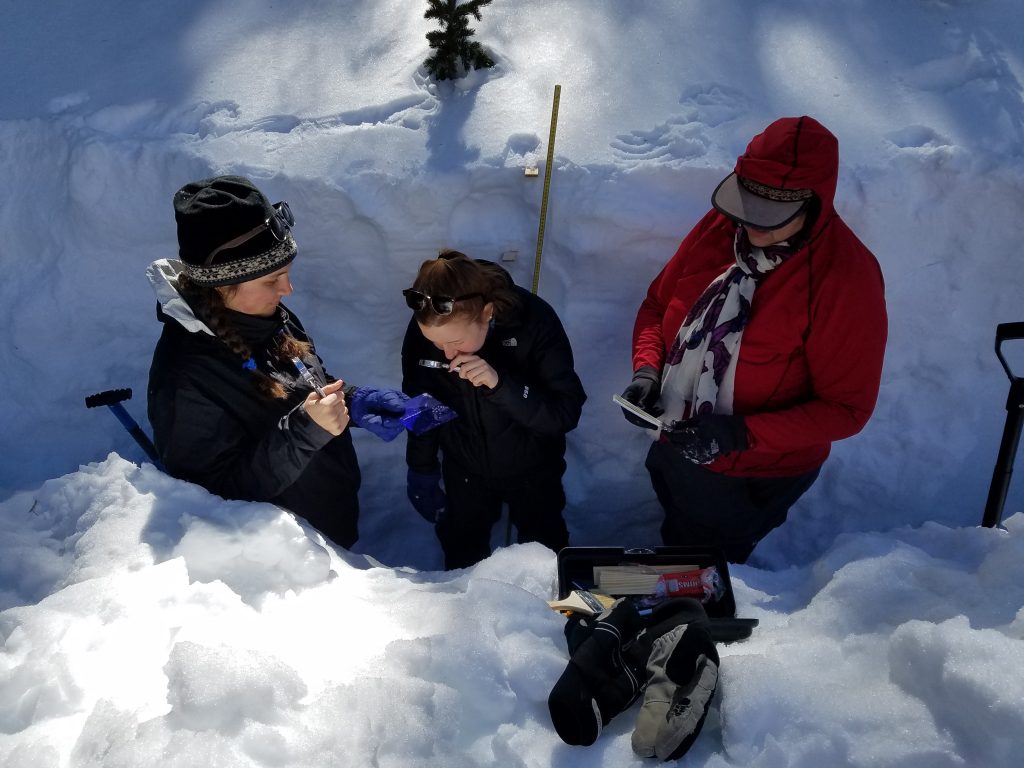Many of the most urgent challenges facing society are rooted in the geosciences, including issues related to energy, air quality, climate, water availability, food security, and natural disasters. Consistent with many areas of STEM in the U.S., women and some racial/ethnic (i.e., Native Americans, African Americans, and Latinx) groups continue to be marginalized in the geosciences, as are persons with disabilities, and visible sexual minorities.
However, the geosciences is unique among STEM fields with no measurable increase in scientists from racial/ethnic minority groups over the last 40 years. The underrepresentation of women, including those from historically underrepresented racial/ethnic minority (HU) groups, in the geosciences is a pattern that emerges at the undergraduate level.
Our longitudinal research has provided evidence of three clear benefits for undergraduate women that participate in the PROGRESS mentoring program.
1) PROGRESS helps women grow their developmental mentoring support and inspirational role modeling networks.
Compared to women in the matched control group, women in PROGRESS develop larger networks of STEM mentors, are more likely to have a faculty mentor, and report having more female STEM career role models [Hernandez et al., 2018; Hernandez et al., 2017].
2) The benefits of PROGRESS compound to support women’s interest and persistence in geosciences.
Compared to women in the control group, women in PROGRESS exhibited higher scientific career intentions, developed deeper interest in the geosciences, and had higher rates of persistence in a geoscience major because of the involvement in PROGRESS and identification of inspirational female STEM career role models [Hernandez et al. [2018]; Hernandez et al. [2017].
3) PROGRESS “works” because it helps women develop a stronger sense of scientific identity.
Longitudinal mediation analysis indicates that PROGRESS has beneficial effects on interest and persistence because women in PROGRESS and women with mentors develop stronger scientific identities [Hernandez et al., 2017].
